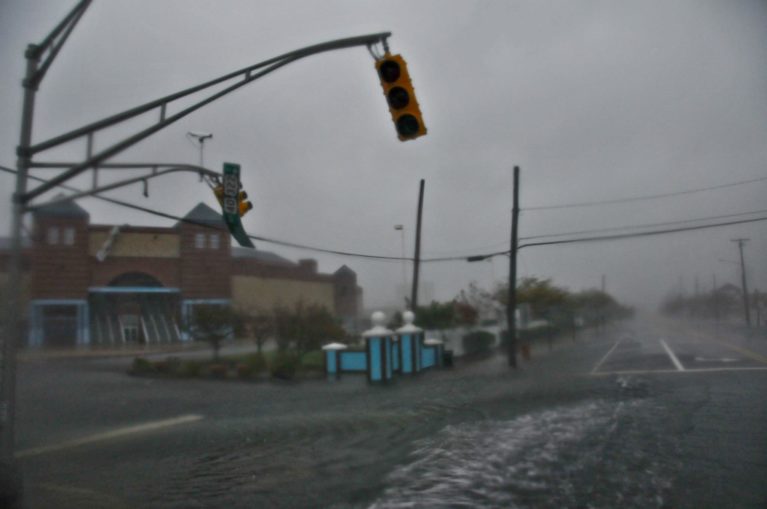Catastrophic natural disasters like the ones we’ve seen over the past few weeks frequently leave millions of Americans without their homes. This level of destruction and displacement often serves as a great shock to the country at large and millions of charity and governmental dollars go toward helping rebuild what was lost for so many families.
While this is, of course, a noble pursuit and an appropriately empathetic response, it’s easy to forget that many of the citizens of these stricken regions had already tenuous living arrangements or no place to call home at all. For those disadvantaged residents, the dangers of extreme weather events are not lessened in any way by the fact that they might not have as much to lose as their property-owning neighbors. In fact, the ever-present danger is only increased for this growing cohort of city dwellers.
The needs of the homeless as disastrous hurricanes or other weather disasters approach are multiplied when considering their already disadvantaged existences. Many of the dispossessed experience a compounding of the issues that contributed to their homelessness in the first place, including mental health issues and past traumatic experiences. These needs are often unaddressed in the emergency response and can result in worsened conditions after the storm passes and new traumas have been endured.
It’s sadly not a surprise at this point, but the odds piled up against the homeless are only increased by dire weather emergencies. Though the opportunity to put them into new housing should be most relevant when these kinds of disasters strike, unfortunately, Federal housing assistance offered to storm victims is doled out with higher priority given to those who already have homes. While it’s good that our government can help those who have suffered losses, it leaves behind those whose need for reliable housing is greatest.
In Houston and Miami, the two largest metropolitan areas to be hit this hurricane season, local authorities employed their existing homeless outreach teams to convince people living in the streets to come into specially designated storm shelters as the winds worsened. The usual job of homeless outreach took on a greater urgency as drastic weather bore down on these cities and their perpetually displaced residents. Many homeless Houstonians chose to weather the storm, having been so inured to their tenuous existence that the prospect of a catastrophic hurricane sounded more like “just rain.”
When simple coaxing didn’t work in Miami, the city utilized an unprecedented reinterpretation of the laws regarding detainment to forcibly take homeless people who hadn’t willingly left the streets into storm shelters as Hurricane Irma approached in September of this year. This strategy of taking citizens into custody “for their own good” illustrates the lack of agency that our homeless neighbors suffer from in their everyday lives. Whether the ends justify the means in this extraordinary case can be debated, but the entire episode shows how little power the homeless can have when it comes to their own safety and protection.
The issue of homelessness may be easy to forget when viewing footage of people forced to leave flooded or destroyed homes. It’s a bitter irony of these situations that we forget about the people who had no homes to lose in the first place. In an emergency, the homeless issue can often take a back seat at the very time when our focus on helping these citizens is more pertinent than ever. Absent drastic changes in our cities’ policies, this will be an issue that pops up with every new weather emergency.
To answer the question of how the homeless get by when disaster strikes: they don’t. “Getting by” for the homeless in storm areas and in all locations across the country sadly amounts, on a daily basis, to avoiding catastrophic injury, sickness, or death. As hurricane recovery efforts are underway, it’s unknown at the moment how many homeless people lost their lives but suffice it to say that they had much greater hurdles to escaping the storm than the average city resident. The news might feature heart-rending stories of those who lost everything in the disaster, but for many people in the hurricane’s path, much was lost long before any storm arrived.
This article was originally published on DanNeiditch.org

